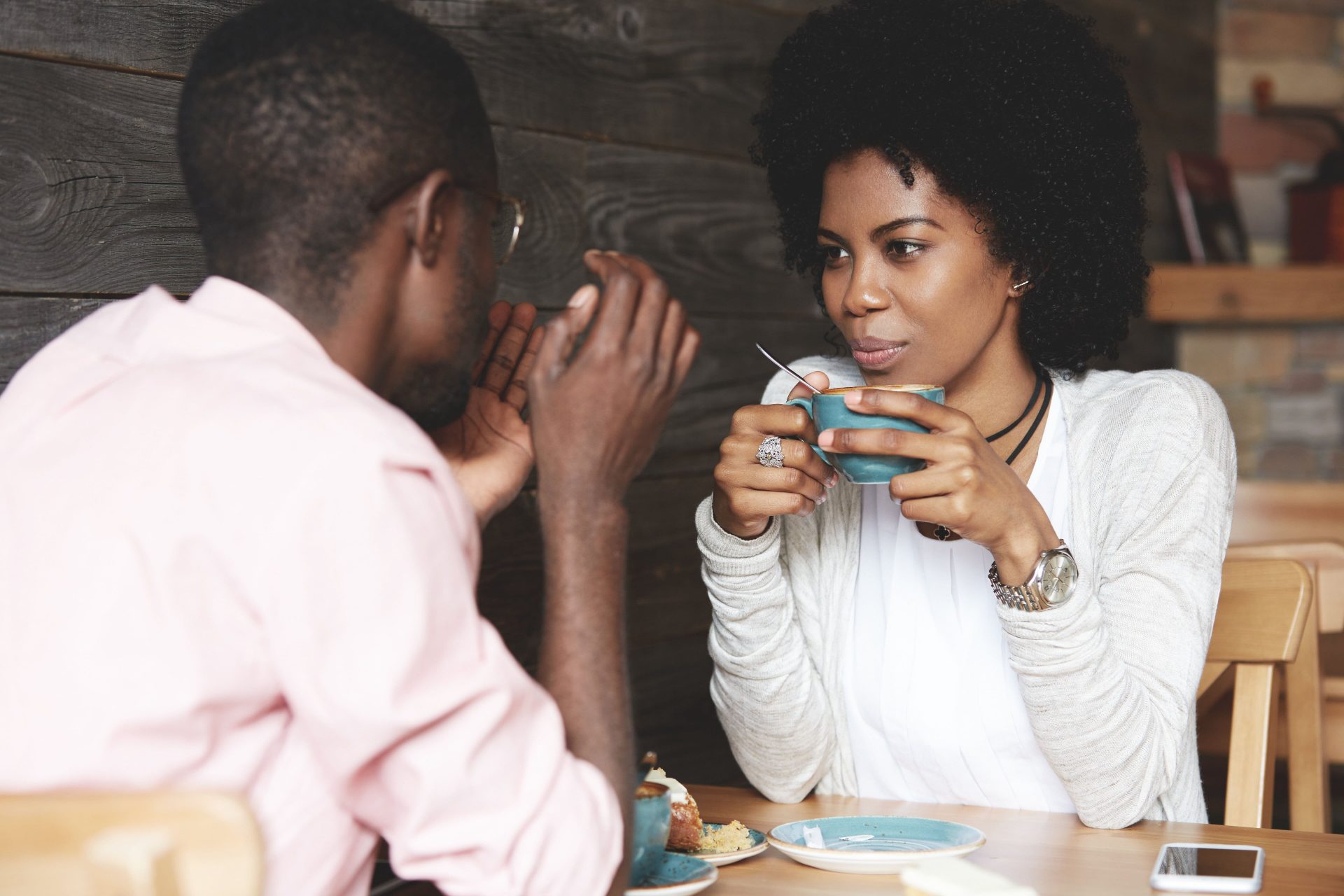
The mailbag is a Q&A column based on the emails you guys send me. If you have a question related to dating, relationships, or psychology, click here to send me your question and your email might be the next one chosen.
This week I got a monster of an email from 18 year old college student “Sam”, who wrote in asking why his girlfriend acts serious if she doesn’t want a serious relationship. You can read it all, or skip to the bottom where I give you the TL;DR version. Here’s what he had to say:
Hi Ryan,
I just finished reading your article about casual relationships and taking them further. My situation is a little different, and I was hoping to get some information or at least confirmation from you.
I’m 18, and my casual “girlfriend” is 18 as well. I met her in one of my college classes, I liked her, but I saw her with her boyfriend the next day and thought no more about it until the end of the semester. Last day of class, class ends and everyone starts walking to their cars to go home.
[Name censored] and I talk for half an hour straight and exchange numbers before leaving. In fact, she mentions that her boyfriend is leaving and she doesn’t do long distance relationships, and she asks for my number at the end! We talk more and more and eventually get into a “casual relationship.” It seems like her ex was a crappy guy, and she seems pretty drained emotionally from that relationship.When she talks to me about our relationship she says that she just wants to keep it casual and have fun. ( we have had sex once already, and she is eager to do it again.) Her actions however, speak far differently.
She texts me 24/7, asks me how I am, what I’m doing, is sad when I tell her I’m going to bed (after staying up and talking with her until the wee hours of the morning) and many other things that would seem to indicate a desire for a serious relationship.
I got her a present for Christmas after my friends told me I should, even though I had doubts, and she was very happy with it. However, just this last week, after getting into a fight with her ex after he’s moved away (why does she bother to still talk to him?) she tells me that she feels like we’re moving too fast and maybe we should end things so neither of us get hurt.
She also says she loves the present but can’t keep it. (Which I believe is bs. I’m pretty sure we’re both already too invested in this relationship to end things without being hurt.) I managed to talk her out of it, telling her I’ll move only as fast as she wants, and I seemed to have made her feel a lot better. She even apologized for saying that stuff to me, and I told her not to be sorry, and that I was glad she got it into the open so we could discuss it.
Now things are back to the way they were: labelling the relationship as casual and acting committed. (She also mentioned that she would not sleep with another guy while she was with me.) Now, a week from now, one of her friend’s has his house open for over a week, and plans to host parties every night. [Name censored] and I are planning to stay there together the whole time (sleeping together of course.)
Now, why does she act like this? Is she still so emotionally distraught over her previous relationship and needs more time? (She also broke up with him early just as we got into a relationship) Am I going about it the right way? Sorry for the really long e-mail, I felt like I needed to give you as many relative details as I could, and Thank You for your time.
-S.
Alright, so here’s what I got so far:
1) You met your girlfriend in class, but at the time she was still in a relationship
2) She dropped a hint at the end of the semester that her boyfriend is moving away, and you went for it
3) She says it’s casual, but acts like.. well, like an 18 year old girl
4) After a fight with her ex, she wanted to end things with you
5) Now you want to know what the hell is going on
Well my friend, first off I’d like to welcome you to the world of post-high school dating. Be prepared for things to be exactly like high school, despite what people have been telling you for the last couple years.
The vast majority of my readers are in their mid 20s – early 40s, so I imagine there will be many nostalgic smiles as people remember their 18 year old escapades. My totally honest opinion is that she’s young and doesn’t know what she wants yet, but I doubt you’ll find that answer very satisfying.
Her behaviour seems to be on the needy side, and that she went directly from previous guy to you also supports that. But that’s pretty much every girl under 25 – and many well beyond that – so no surprise there. The interesting thing is she’s still fighting with her ex after they’ve broken up and he’s moved away.
Does this mean she isn’t over him? Well, this is a perfect time to get better at relationship communication. This is something I just can’t answer – maybe she’ll be willing to tell you if you bring it up.
I’d say you’re doing fine. If your goal is to keep it casual, keep doing what you’re doing.
If you want to get serious with her, ask her what serious means. Since she’s already sexually exclusive with you, texts you non-stop, and plans on spending an entire week with you, where could it go from here?
Personally I wouldn’t do a serious relationship yet. Most people don’t level out until they’re nearing their late 20s (I generally don’t work with couples under 25) so it’s a really unstable time in terms of identity and development.
On top of that, you don’t know what kind of crazy opportunities are gonna come up in your life. Travelling, exchange studies in foreign countries, hot girls you meet while you’re drinking with buds, it’s primetime for discovering who you are and what you like.
Good luck man, hope things work out for you.
-Ryan







